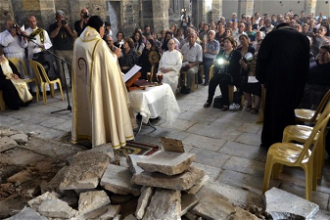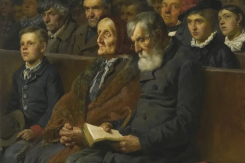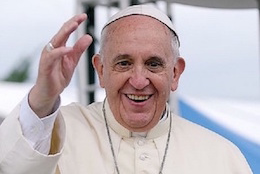Christian Aid calls for end to caste-based discrimination

Christian Aid and its partner organisations across South Asia are calling for the leaders of Afghanistan, Bangladesh, Bhutan, India, Maldives, Nepal, Pakistan and Sri Lanka to put caste-based discrimination at the heart of the agenda of a vital summit in Nepal this week.
After a lull of three years, member countries of the South Asian Association for Regional Cooperation (SAARC) will meet in Kathmandu on 26 and 27 November to discuss ‘deeper integration for peace and prosperity’.
To coincide with the conference, Christian Aid has launched a new report ‘Trapped in Poverty: caste-based discrimination and employment’ which highlights, as a case study, the barriers to equality faced by communities in Bangladesh that are discriminated against because of their identity. The report also recommends some steps the Bangladesh government could take to address discrimination and fulfil the rights of marginalised communities.
Caste-based discrimination is a barrier to poverty reduction, preventing those affected from making their voices heard or enjoying equal access to services and economic opportunities. From Saturday 22 November, civil society organisations from across the region will also convene in Nepal for the People’s SAARC, a series of events to highlight citizens’ concerns.
The Asia Dalit Rights Forum (ADRF), a group of civil society organisations working on Dalit rights in Asia, including Christian Aid partners - Swadhikar/National Campaign on Dalit Human Rights, Nagorik Uddyog/Bangladesh Dalit and Excluded Rights Movement, and Samata Foundation Nepal - is holding a conference which aims to influence the SAARC leaders to raise the issue of caste-based discrimination, equity and inclusion up the agenda. Both politicians and civil society will attend.
ADRF is calling for recognition of caste-based discrimination as an issue of concern across the South Asia region, and for the concerns of Dalit communities to be addressed so that they can enjoy social justice and equality. The timing is critical as governments around the world are starting to decide upon the final post-2015 Sustainable Development Goals (SDG), a set of global targets that will replace the Millennium Development Goals (MDG) when they expire at the end of 2015. Among the SDGs is a proposed goal on inequality and addressing the needs of the most marginalised and excluded communities, such as the Dalits.
Ishrat Shabnam, programme officer for Christian Aid in Bangladesh and contributor to the report, said: “We are concerned that the summit will focus on issues such as infrastructure and trade rather than social inclusion. We want to place the issues that concern those who are excluded from the political processes at the centre of the SAARC’s discussion next week.
“We need to focus on the most vulnerable groups to ensure that nobody is left behind as countries develop and to close the growing gap between rich and poor. Politicians and citizens should move together towards developing targets that are South Asia specific. Policies and laws are not enough if the rights are not exercised in practice”.





















